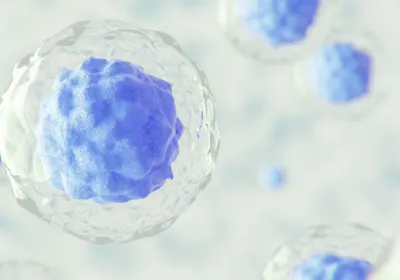 Lab mice are often raised in unnaturally sterile conditions. WIKIMEDIA, RAMAUnlike people, lab mice are raised in extremely sterile environments. And the immune systems of lab mice turn out to be very different from those of adult humans, David Masopust of the University of Minnesota and colleagues reported in a study published yesterday (April 20) in Nature.
Lab mice are often raised in unnaturally sterile conditions. WIKIMEDIA, RAMAUnlike people, lab mice are raised in extremely sterile environments. And the immune systems of lab mice turn out to be very different from those of adult humans, David Masopust of the University of Minnesota and colleagues reported in a study published yesterday (April 20) in Nature.
“People have known there’s a problem for a long time, but in most cases they just want to ignore it,” Mark Davis of Stanford University who was not involved in the work told Nature. “There’s so much invested in the inbred mouse model.”
To quantify the problem, Masopust and colleagues compared immune cells from standard lab mice to those in cervical tissue from premenopausal adult women, finding that the mice had far fewer CD8+ T cells, a type of adaptive immune cell that is critical for fighting infection and cancer. The lab mice’s immune cell repertoires more closely resembled those of human babies, whose immune systems are not fully developed.
Next, the researchers studied wild barn mice and pet store mice, finding that the latter, ...






















